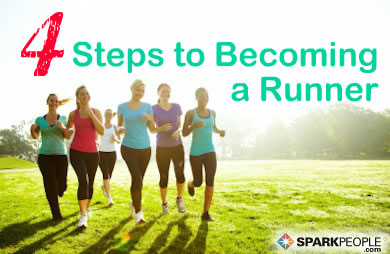|
You’ve probably noticed that, nearly every day, there’s another story in the news about some newly discovered gene or hormone or enzyme that could explain why some people get obese. Not why everyone who is obese got that way, mind you, but what might be causing part of the problem for some percentage of us. It’s fast becoming obvious that “obesity” is not one condition that’s the same for everyone—it’s a whole bunch of different conditions with a shared symptom: excess body fat. The upside of this explosion of research and data (which has been made possible largely by the success of the Human Genome Project) is that it may lead someday to a number of effective treatments for obesity that will work much better than the one-size-fits-all approach of diet modification and exercise that most of us rely on now. It would certainly help a great deal, for example, to know exactly how your individual body is “programmed” to handle different nutrients like carbs and fat, and exactly how it uses the specific foods you eat, so that you can design a weight management plan tailored to your exact needs—maybe even before you get overweight. This capability may not be that far off in the future. The downside of these developments is that many of these new solutions for the problem of obesity may come in the form of a pill, or a genetically modified food, or even a genetically modified human being. That’s going to raise a lot of interesting…and troubling…questions. Which means that now might be a very good time to start thinking about how far down this road we really want to go, both as individuals and as citizens of our respective societies. Consider these two very real possibilities… Exercise in a bottle. What if you could get most of the weight-loss benefits of cardio exercise by taking an exercise pill? Would you do it? Would it be worth trading all the other benefits of exercise for the convenience of burning some extra fat calories while sitting on your butt? Sure, such a pill would be great for people who really can’t exercise, but what about the rest of us? Would you rather be thin thanks to a pill, without changing your lifestyle, or do you think it’s better to do the work yourself and have that to be proud of, too? Is there more to physical activity than just burning calories? What message would using a pill like this send to the next generation about what’s most important? Nutrigenomics. The prospect of using genetic screening to identify individual problems that could lead to obesity and all its attendant health risks could also lead to the development of special diets and “designer foods” designed to match your individual metabolism. When you head for the health foods or diet foods section of your local supermarket, you won’t find just low-fat or low-carb versions of regular foods, you’ll find complete meals that look like those frozen “texturized vegetable protein patties” and contain everything you need for balanced nutrition, with nothing that could trigger those problem genes of yours to store extra fat. Maybe the powers that be will decide that, if you’ve got the kind of genes that lead to obesity, you’ll have to eat these specially designed products only, or pay your own way when it comes to getting medical care for obesity-related problems. I don’t know about you, but I think food ought to be…well, food—not some “edible food like substance” engineered by scientists. Food and eating isn’t just about nutrition and health. (I’m a big fan of Michael Pollan’s point of view in his book In Defense of Food. But more about that in another blog…) Anyway, it seems pretty clear to me that there’s a lot more at stake here than just making it easier to lose weight and avoid health problems. There are lots of big questions here about the effects of the individual decisions we make on the society around us, about individual freedom and responsibility, and about how we manage science and technology so that we control it and it doesn’t control us. And no simple or easy answers. It’s going to take a lot of thinking and talking about these things to come up with good approaches. What do you think? |
Popular Entries |

.jpg)



.jpg)









